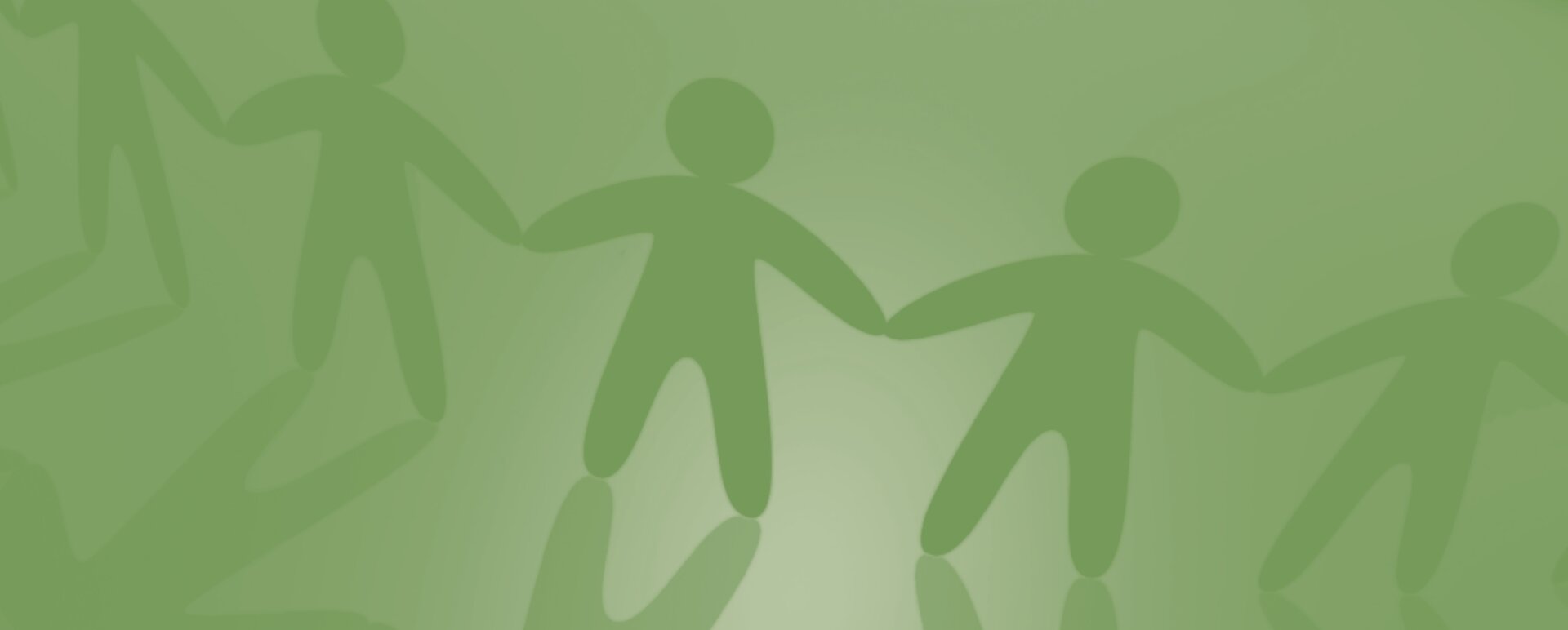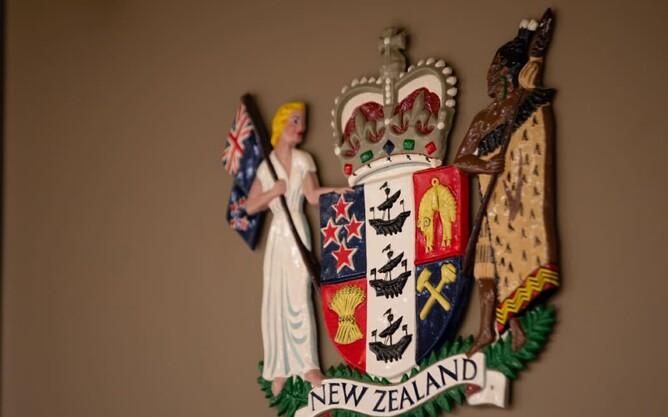in justice system, study finds
A team of researchers, most of whom are based at the University of Auckland, are studying how rangatahi Māori and Samoan people experience the justice system, as well the experiences faced by their whānau and communities.
For the critical reflections study, the team held a series of cultural kōrero and talanoa sessions with both individuals and whānau in Auckland, Taranaki, Tairāwhiti, Brisbane, Los Angeles and San Francisco.
The initial Samoan data covered three themes: The importance of culture; cultural bias within the system; and frustration, trauma or shame that may be associated with going through the system.
"The silent responses to shame and stigma associated with talking openly [about being in the justice system] ... didn't just come from whānau, but it also came from youth providers," associate professor Tamasailau Suaalli-Sauni, one of the project's research leads, said.
On the whole, the initial findings suggested there was a lack of cultural awareness within the justice system, which often hindered access to justice and hampered rehabilitation prospects.
Link to article: Rangatahi Māori and Samoan people treated unfairly in justice system, study finds | RNZ News




